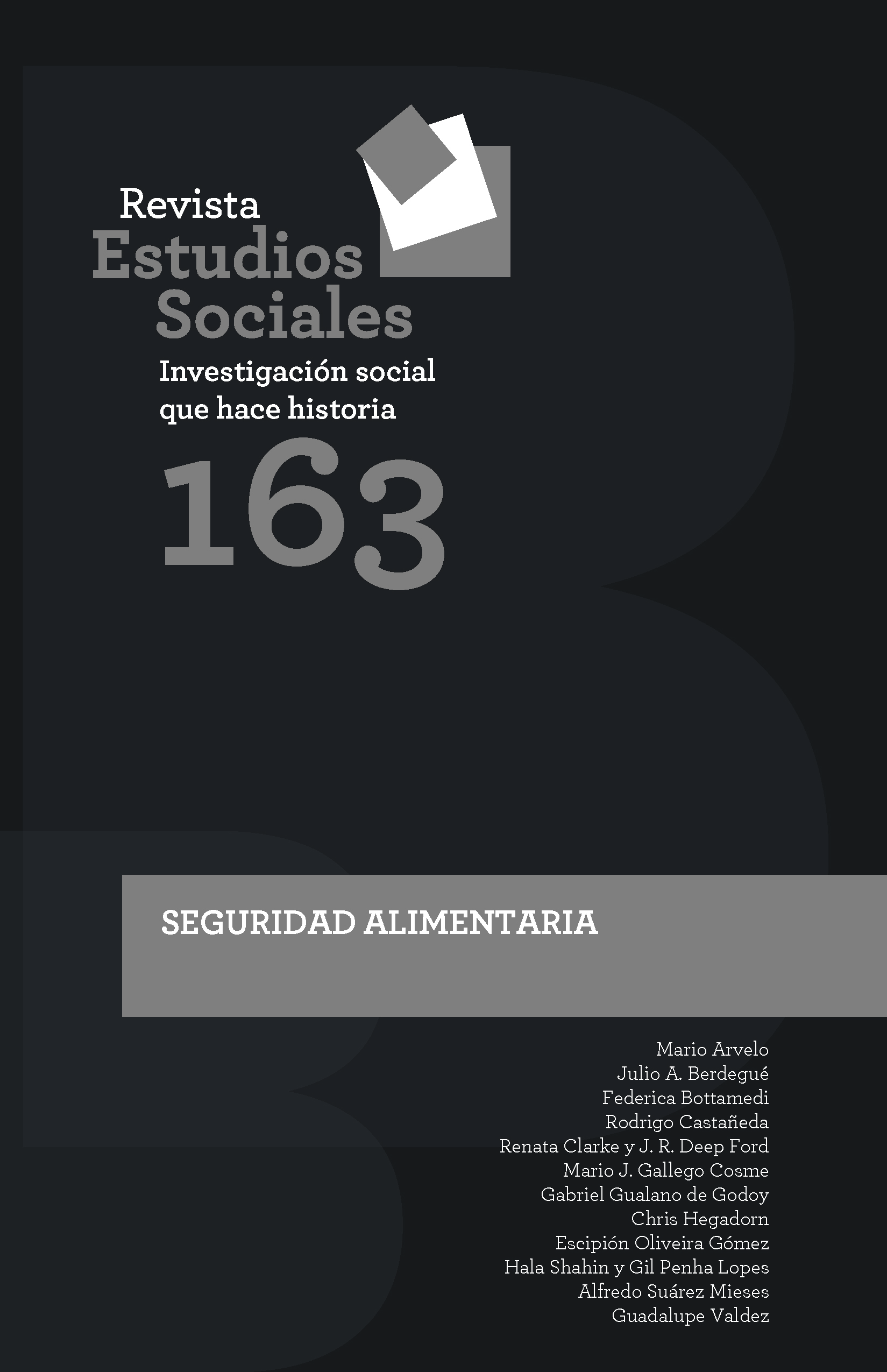Food Systems, Pandemic, and its Effects on Food Security and Nutrition: Several Challenges for the Dominican Republic
Downloads
Rodrigo Castañeda
esociales@bono.edu.doAbstract
The Dominican Republic has achieved a significant reduction in its food insecurity indicators in the last decade. However, the Covid-19 pandemic has hurt these advances, with an increase in the number of people suffering from hunger and malnutrition. The article presents some of the effects of the pandemic that are not evident, such as the deepening of inadequate eating habits and the double burden of malnutrition due to excess weight or deficit thereof. Obesity has increased to 2.7 million adults; the percentage of obese people in Latin America and the Caribbean has tripled in the last forty years. In the case of the Dominican Republic, it is likely that this scenario is related to changes in consumption patterns and lifestyles, and the characteristics of food environments, which are less favorable every passing day. In addition, physical and monetary access to fresh, nutritious, and healthy food has become more difficult, creating the so-called «food deserts». The article presents a series of public policy recommendations to promote the debate on food systems and food environments that allow governments of the region to make decisions and implement measures that effectively contribute to changing this situation, seeking to improve lifestyle habits, and guarantee food security and nutrition for the entire population.
How to Cite
License

This work is licensed under a Creative Commons Attribution-NonCommercial 4.0 International License.



